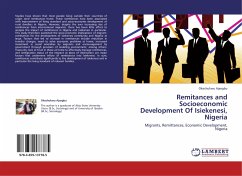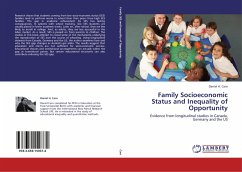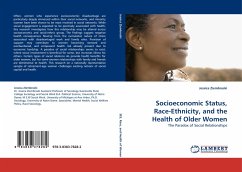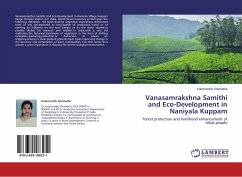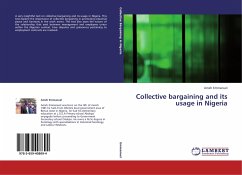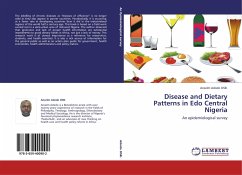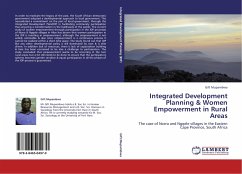Studies have shown that most people living outside their countries of origin send remittances home. These remittances have been associated with improvement of living standard and socio-economic development of rural dwellers in Nigeria. However, despite the ever increasing size of remittances from international migrants, there has been little effort to analyze the impact of remittances in Nigeria and Isiekenesi in particular. This study therefore examined the socio-economic implications of migrant-remittances for the development of Isiekenesi community and Nigeria at large. Factors that led to increase in remittances include reduction in transfer charges, need to solve economic problems at home, increased investment in social amenities by migrants and encouragement by government through provision of enabling environment, among others. Insecurity, lack of trust in those at home to effectively manage remittances, and immigration status of the migrant at place of destination are major factors that undermine inflow of remittances into Isiekenesi. In sum, remittances contribute significantly to the development of Isiekenesi and in particular the living standard of relevant families.
Hinweis: Dieser Artikel kann nur an eine deutsche Lieferadresse ausgeliefert werden.
Hinweis: Dieser Artikel kann nur an eine deutsche Lieferadresse ausgeliefert werden.

